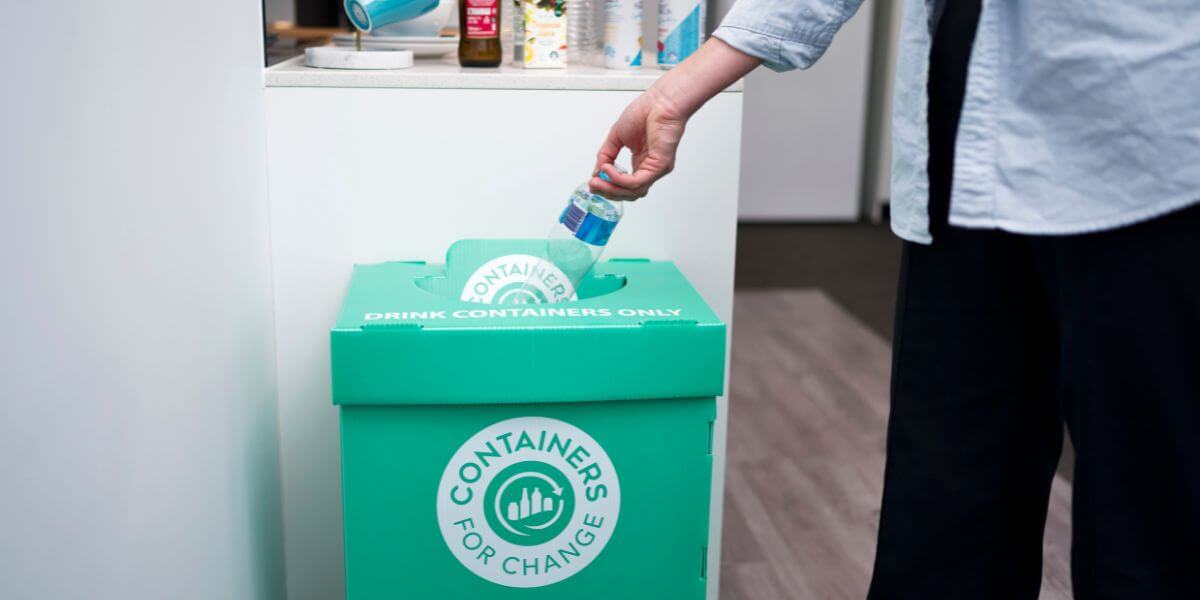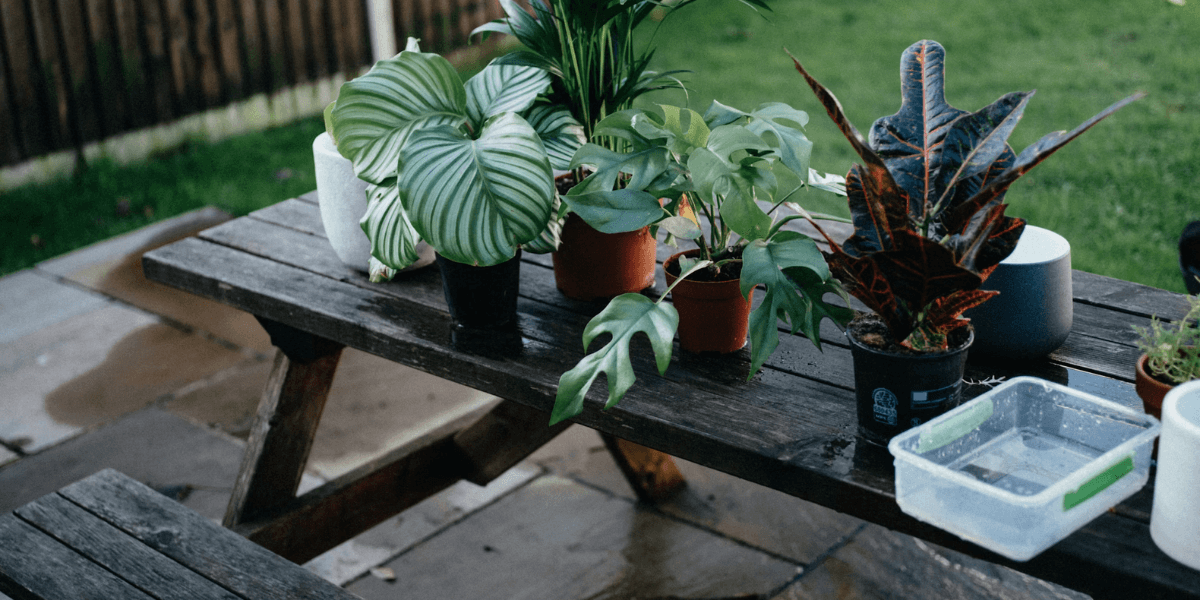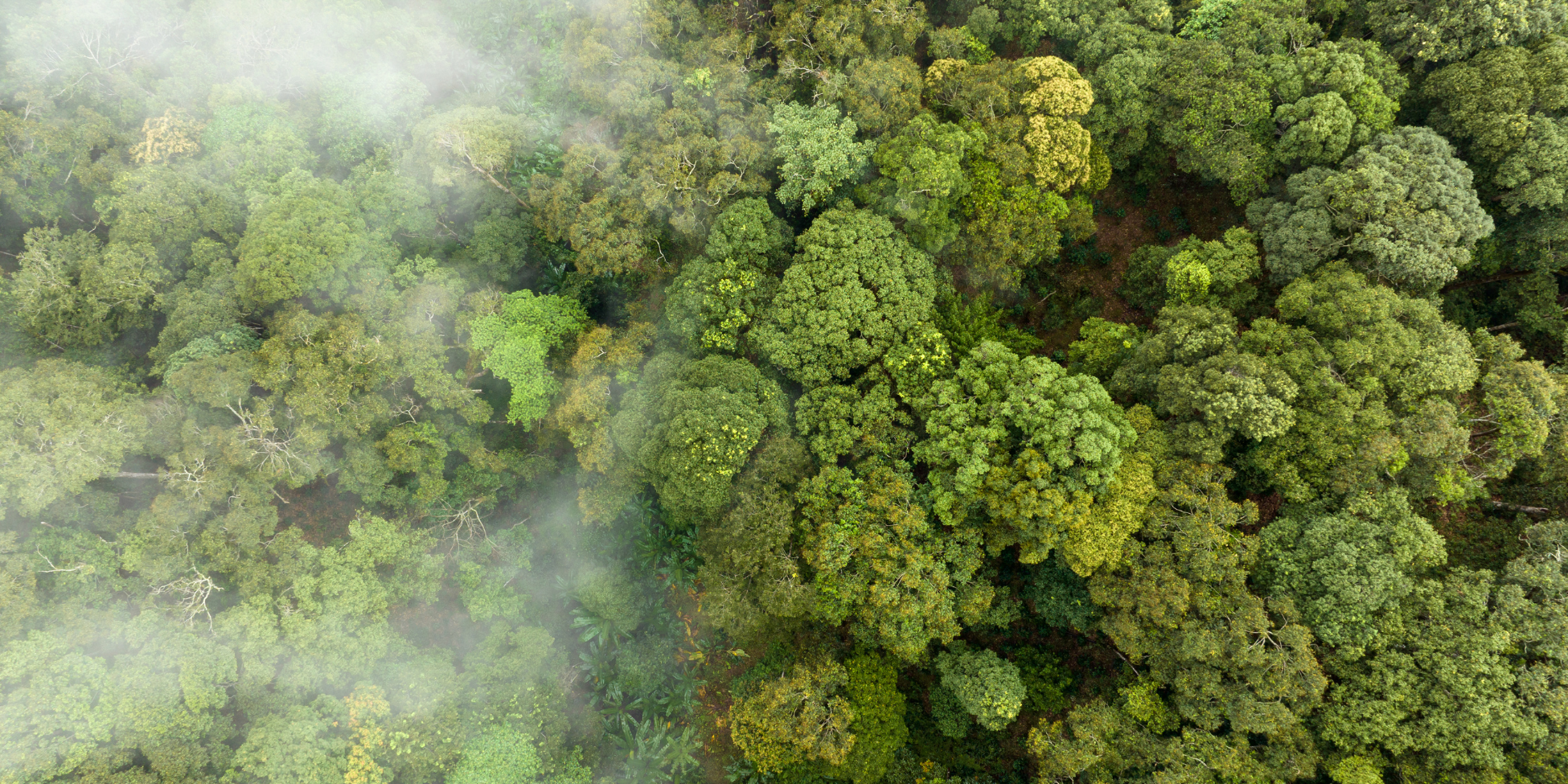REDUCE WASTE, SUSTAINABLE LIVING
Five ways to support local food systems
From shopping local to reducing food waste, learn how small changes at home can strengthen southeast Queensland’s food resilience.
Last year, our team attended the SEQ Food Summit with Food Connect, an event focused on sustainability and food system resilience. The event brought together leaders, key decision-makers, and policy makers, to explore how we can achieve a more sustainable Brisbane 2032 Games and support our region’s long-term food system resilience.
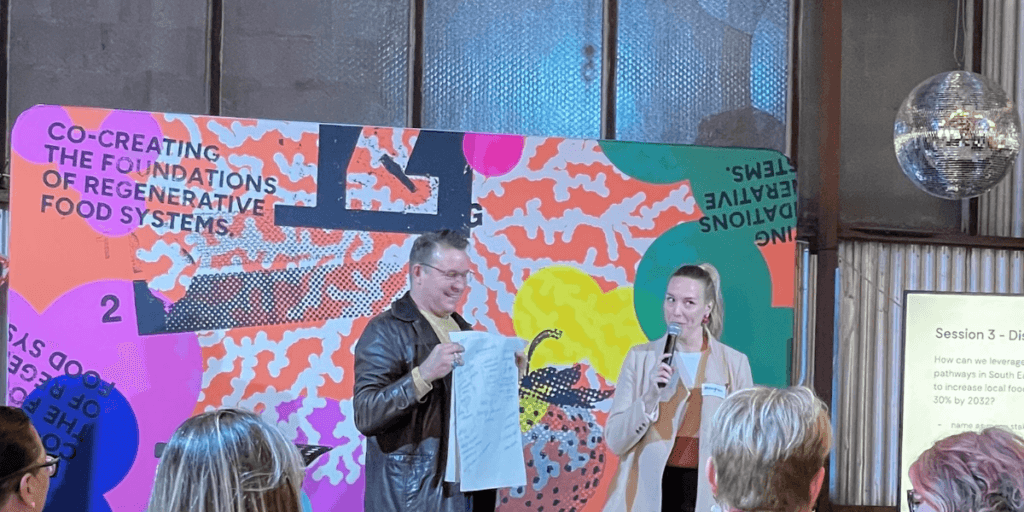
What is a food system?
The food system is a complex web of activities involving production, processing, transport, and consumption.
What is food system resilience?
Food system resilience is the ability of a food system to withstand and recover from disruptions, ensuring consistent availability and access to food.
Why understanding food systems and resilience in Australia is important
With Australia’s population expected to reach between 34-45 million by 2071, sustainable and fair food systems are key to improving our health, environment, economy, and culture. Embracing these changes will help ensure our food systems are resilient, sustainable, and ready to meet the needs of all Australians now and in the future.
How can you support local food systems?
Creating a resilient and sustainable food system isn’t just the responsibility of policymakers and businesses. Each of us can play a crucial role in supporting local food systems. Here are some simple ways you can play your part:
Shop locally
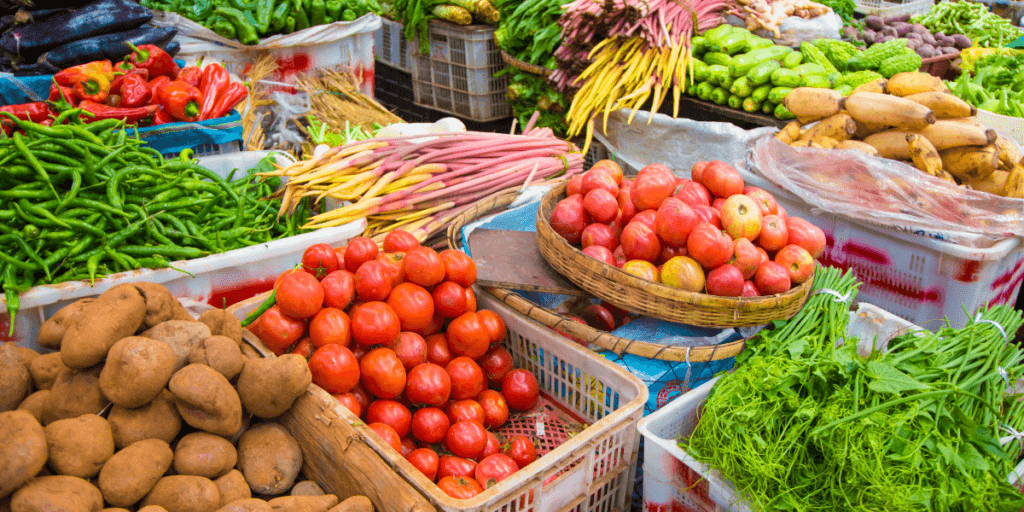
Supporting local farmers and producers helps to reduce the carbon footprint associated with transporting food over long distances. Visit farmers’ markets, buy from local grocers, and look for local produce labels in supermarkets. By doing so, you help to keep money within the community and support local jobs.
Grow your food
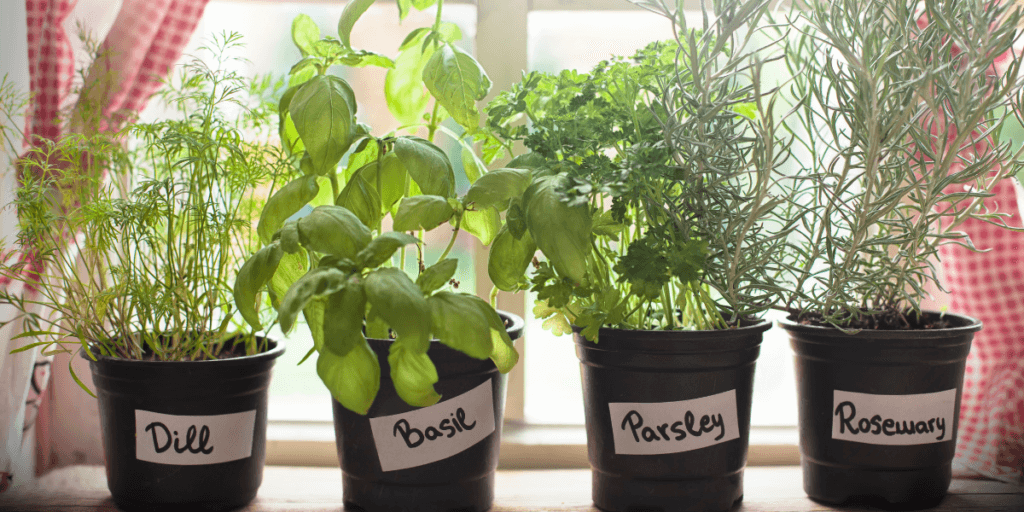
Starting a home garden, even a few herbs on a windowsill can contribute to food system resilience. Home gardening reduces the demand for commercial agriculture and provides you with fresh, organic produce. It’s also a great way to connect with nature and understand the food production process.
Reduce food waste
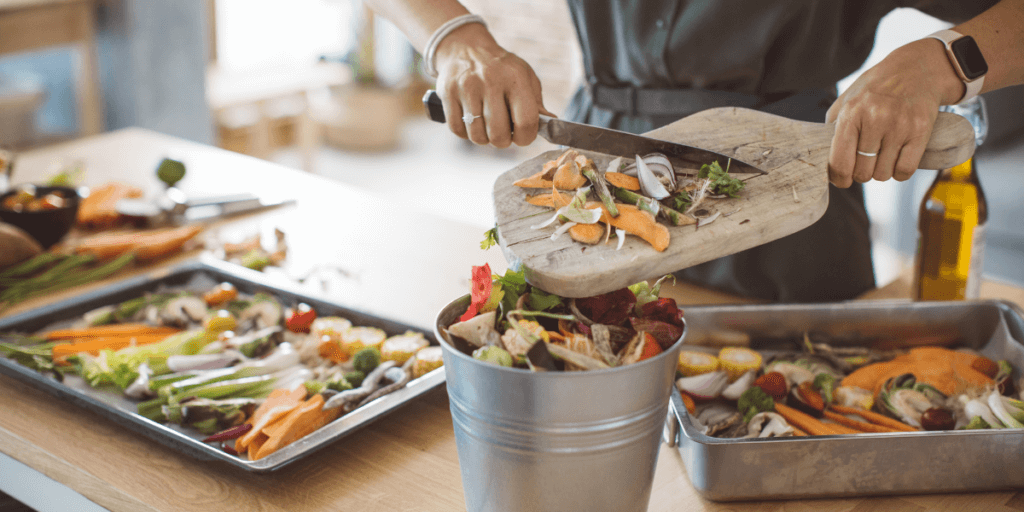
Each year Australians waste around 7.6 million tonnes of food, this equals to about 312kg per person and can cost up to $2,500 per household per year. Plan your meals, store food properly, and get creative with leftovers to minimise waste. Composting food scraps can also enrich your garden soil and stop scraps ending up in landfill (and producing methane, a warming greenhouse gas). Get yourself set up with Brisbane City Council’s rebate of up to $100 on eligible composting equipment.
Support community initiatives
Many communities have programs that improve food system resilience, such as community gardens, food co-ops, and urban farming initiatives. Get involved by volunteering, donating, or participating in these programs. Your involvement can make a big difference in their success and impact.

Advocate and educate
Use your voice to advocate for sustainable food practices at local businesses and within your community. Encourage retailers to stock local and sustainable products, and support policies that promote food system resilience and sustainability.
Stay informed about the issues facing our food systems and share your knowledge with others. The more people understand the importance of sustainable food practices, the greater the collective impact we can have.
Sign up for our Sustainable Living newsletter for all the sustainable living tips and events
The author

Amy Goodwin-Webster
Amy is a communications specialist at Brisbane Sustainability Agency and is passionate about supporting people to live mindfully of the environment and changing climate – all while constantly struggling to keep her plants alive.




